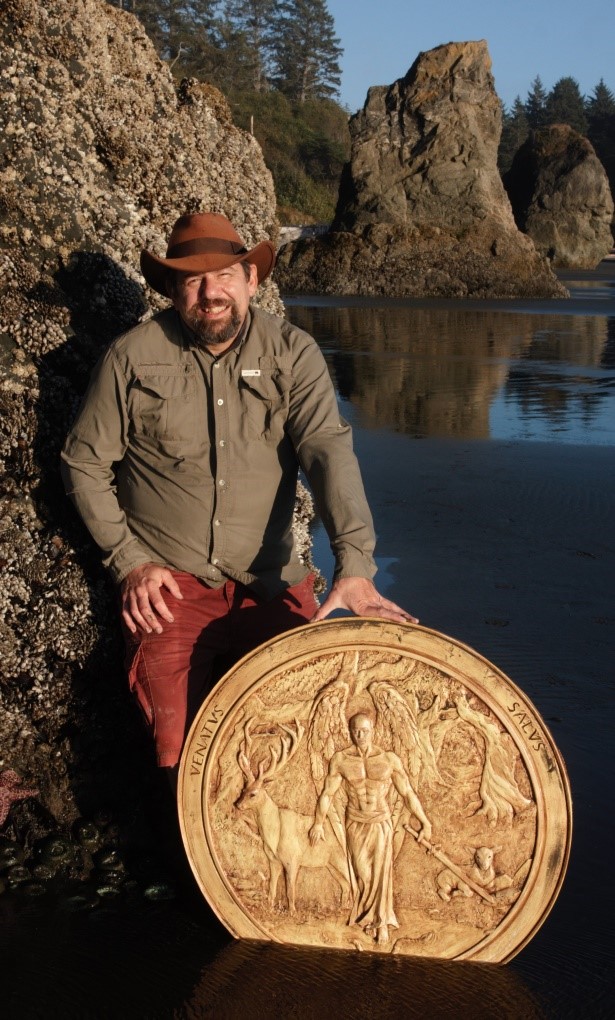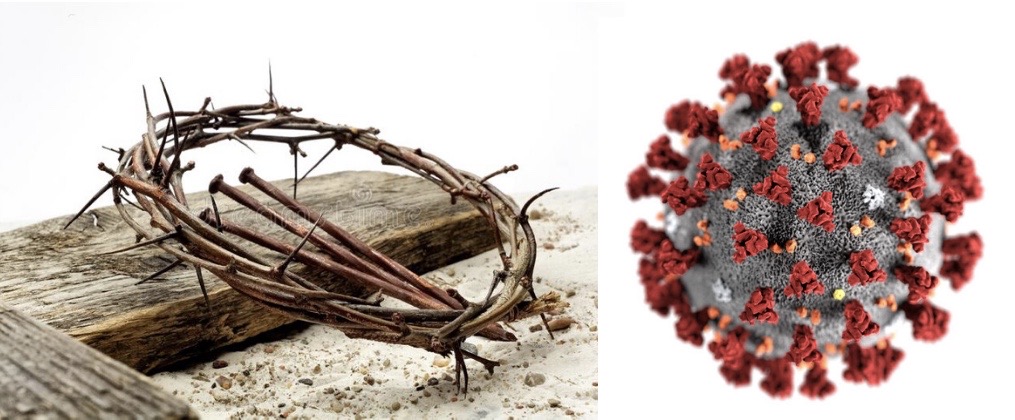By Dan Amos
Have you ever run across a verse that acts as the proverbial two-by-four upside the head? I can definitely point to Romans 1:20 as an example. I read it. Then I re-read it over and over. I pondered it and printed it out and posted it on my monitor at work. It was such a foundational verse, one that underpins my worldview and helps to explain our current situation.
For since the creation of the world God’s invisible qualities—his eternal power and divine nature—have been clearly seen, being understood from what has been made, so that people are without excuse (Romans 1:20).
This is a verse of incredible hope to me. God created. He’s in control, always has been and always will be. While He has chosen to limit His revelation to us, enough is there that we can know, whether we are a scientist or not. There’s enough evidence to acknowledge His majesty, that we have to actively deny Him to not see it. I see how we are fearfully and wonderfully made and I know that I don’t have the kind of faith to believe inorganic matter spontaneously came alive on its own and overcame entropy to organize into the complex, interdependent organisms that are people.
The rest of the chapter is less hopeful, more instructive as it describes the consequences of our denial:
For although they knew God, they neither glorified him as God nor gave thanks to him, but their thinking became futile and their foolish hearts were darkened. Although they claimed to be wise, they became fools ( Romans 1: 21-22)
We know the consequences of our sin and that of our ancestors. What was made very good was spoiled. Life became difficult and finite as a result. What we are experiencing today was not part of His plan, but it is redeemable even in the tragedy and loss.
I count myself fortunate and blessed in this time. I am thankful more than ever and for more than before. I have often given thanks for those who serve in our military, law enforcement and medical service. Now, I recognize my gratitude for the truckers, the clerks, the stockers. I am thankful for all those people who make everyday living possible and who continue on today under difficult conditions and often with smiles under their masks. I hope as we return to a new normal, whatever that may be, that we don’t forget how we were served so well by so many.
There are many who are making an extraordinary effort on our behalf. We have Sunday service because of many sacrificially serving. Every week because of people like Lars P. and Gregg Z., we are getting closer and closer connected while physically apart. How wonderful that they are harnessing technology to serve.
And of course the Good News is we are not doomed to condemnation without hope:
But now apart from the law the righteousness of God has been made known, to which the Law and the Prophets testify. This righteousness is given through faith in Jesus Christ to all who believe. There is no difference between Jew and Gentile, for all have sinned and fall short of the glory of God, and all are justified freely by his grace through the redemption that came by Christ Jesus (Romans 3:21-24)
Views – 184
 Follow
Follow
